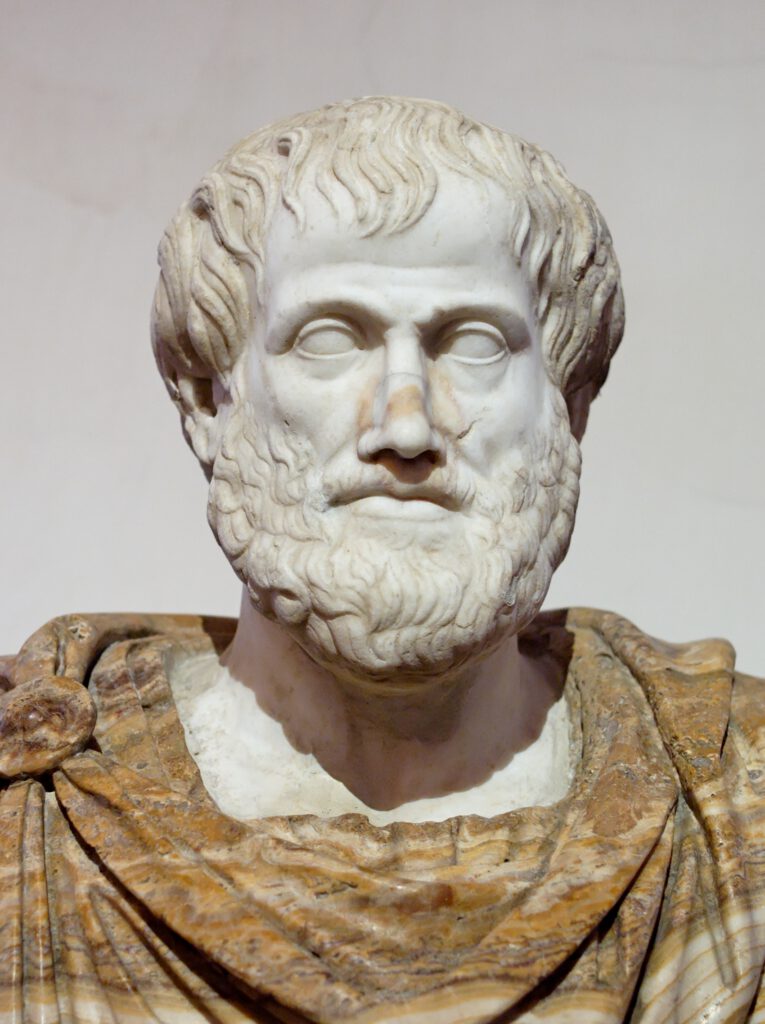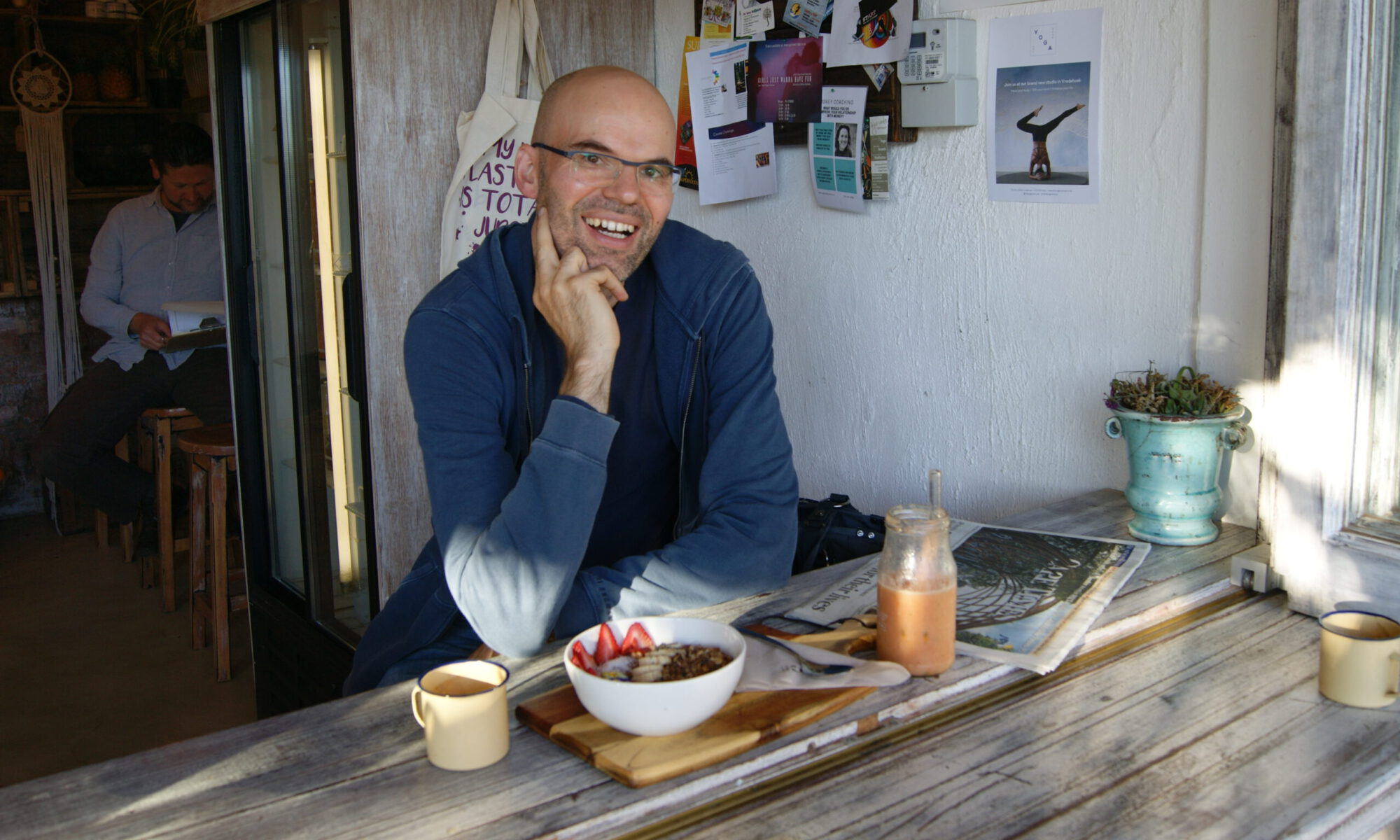
What does Aristotle say about it and what does positive psychology say?
For Aristotle, the good life consists in the choice of a suitable form of life, in the development of virtues that enable the best behavior in certain types of situations, and in concrete actions corresponding to the virtues[1].
Aristotle distinguishes four forms of the life execution:
1. the hedonistic (= pleasure) life
2. the profit-oriented life
3. the political-practical life
4. the theoretical or philosophical life
Whereby for him only 3 and 4 make a good life possible and lead to a happy life, because for him happiness consists in the good life.
His teaching is in line with the findings of positive psychology[2], that a virtuous life according to personal strengths leads to well-being.
Therefore, I try to make my son aware of his talents at his young age so that he can develop them into strengths. I will go into more detail in the next block posts about insights from positive psychology and implementation strategies for „living well“ (included), and I want to stick to the meta-level in this one.
For me, good living means helping to build a world of justice and balance (two important values for me), because „good living“ is a continuous process. I particularly like the lines of Erich Kästner in this context „There is nothing good except: you do it.“
Life is everything except stagnation. Everyone knows it from their own four walls, everything has to be maintained and serviced.
[1] Thanks to Prof. Dr. Verena Mayer, who taught me this in the course of my PPE studies in the lecture „Introduction to Ethics“.
[2] Authentic-Happiness-Theory and the further development based on it to the „Well-Being-Theory“ by Martin Seligman, the founder of positive psychology.
Image source: https://en.wikipedia.org/wiki/Aristotle
